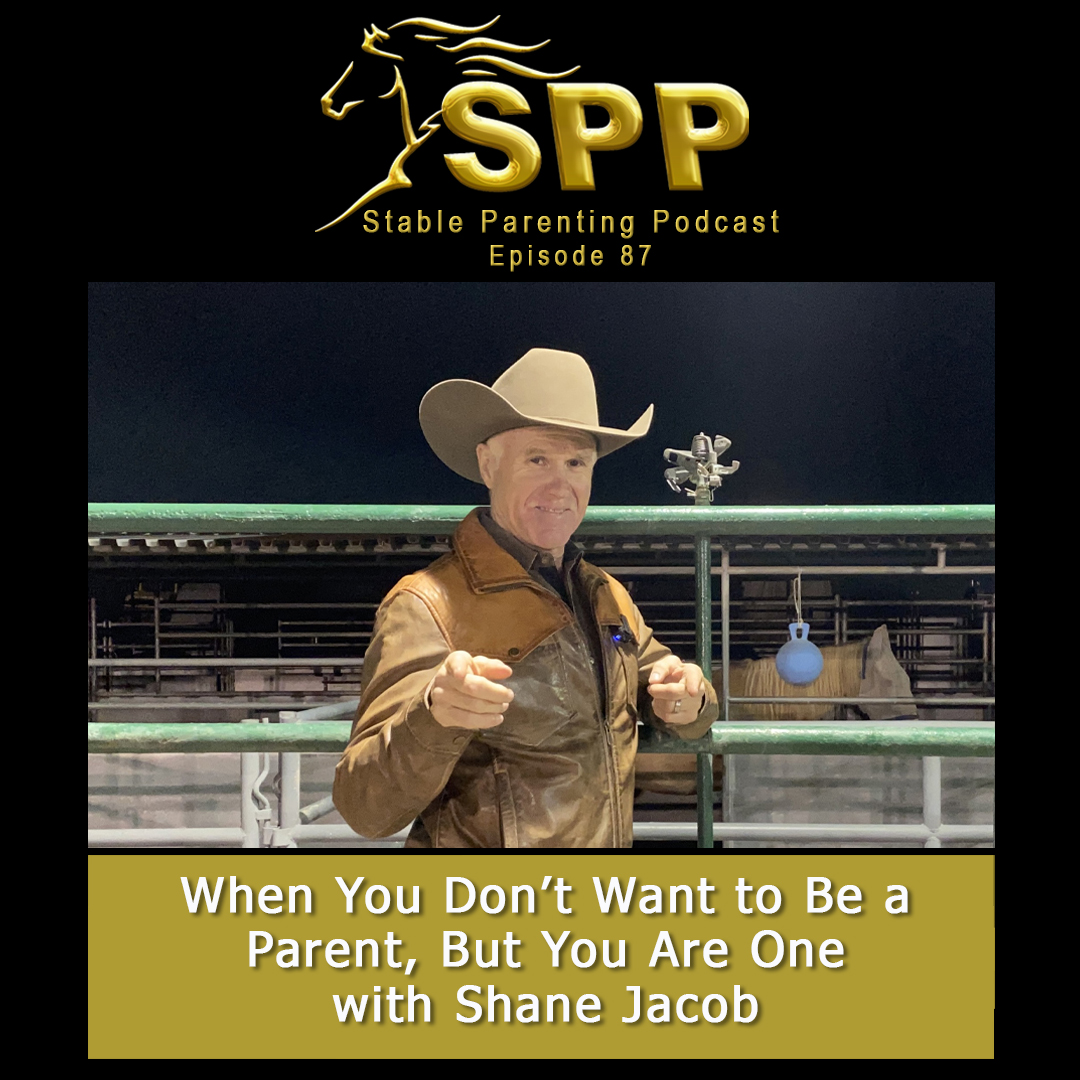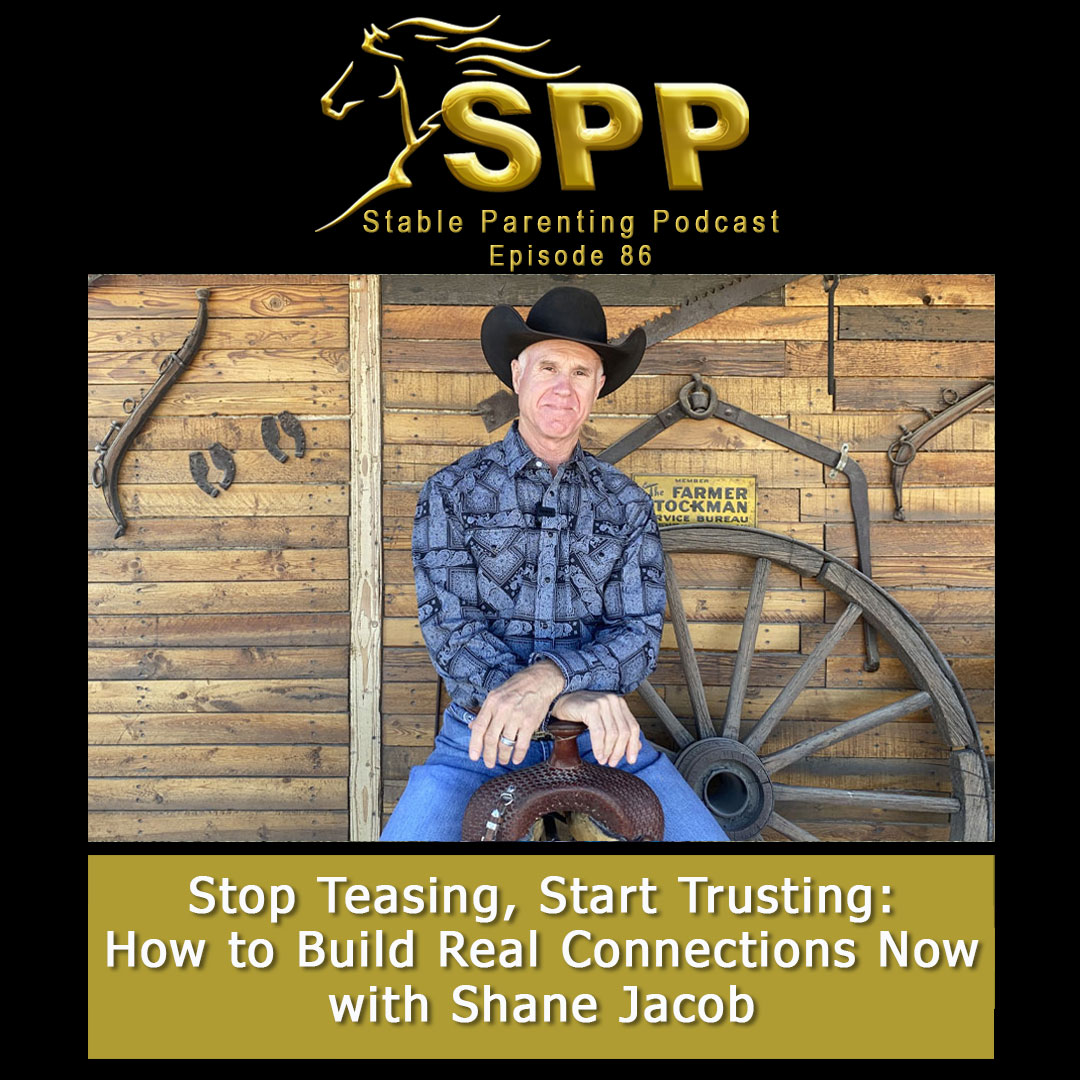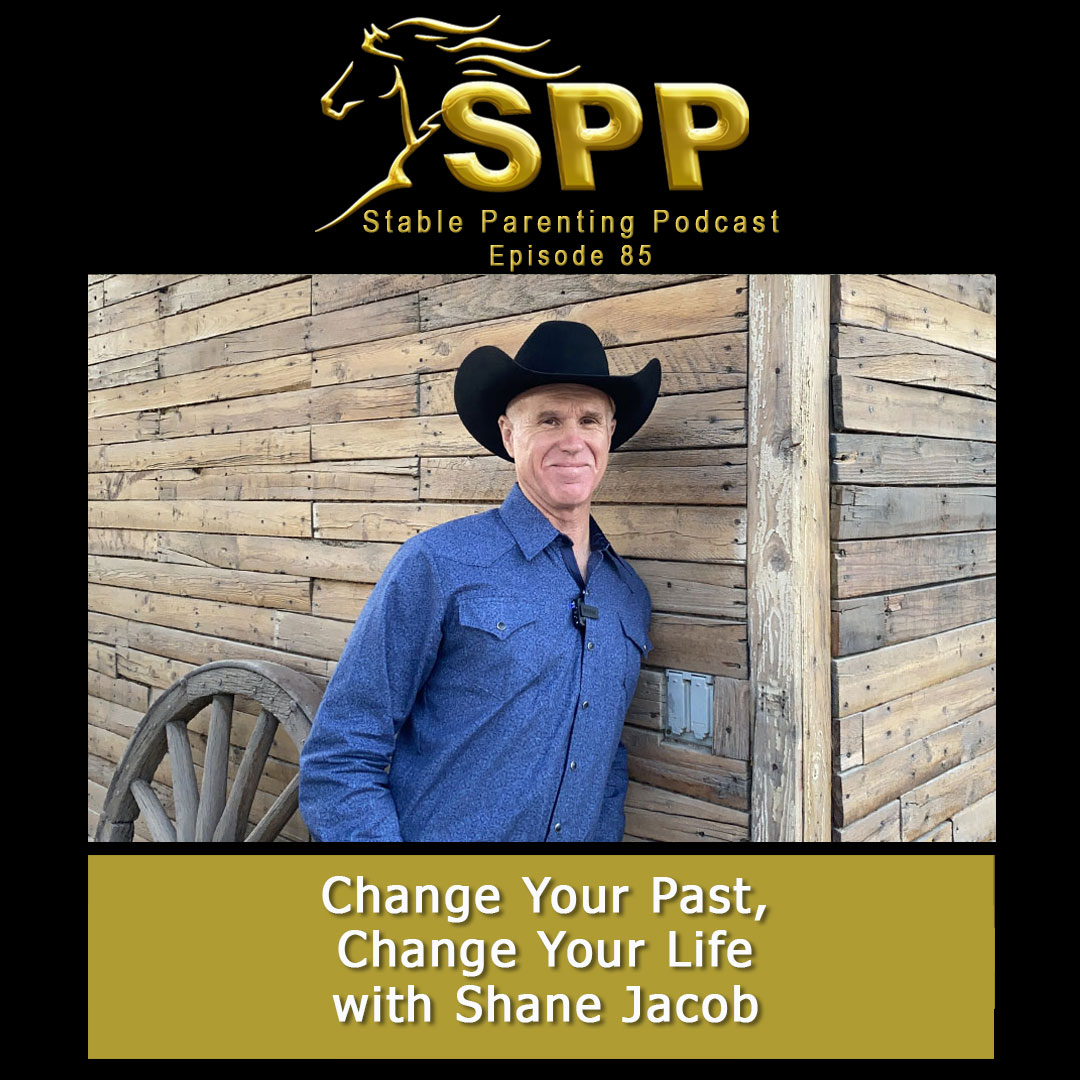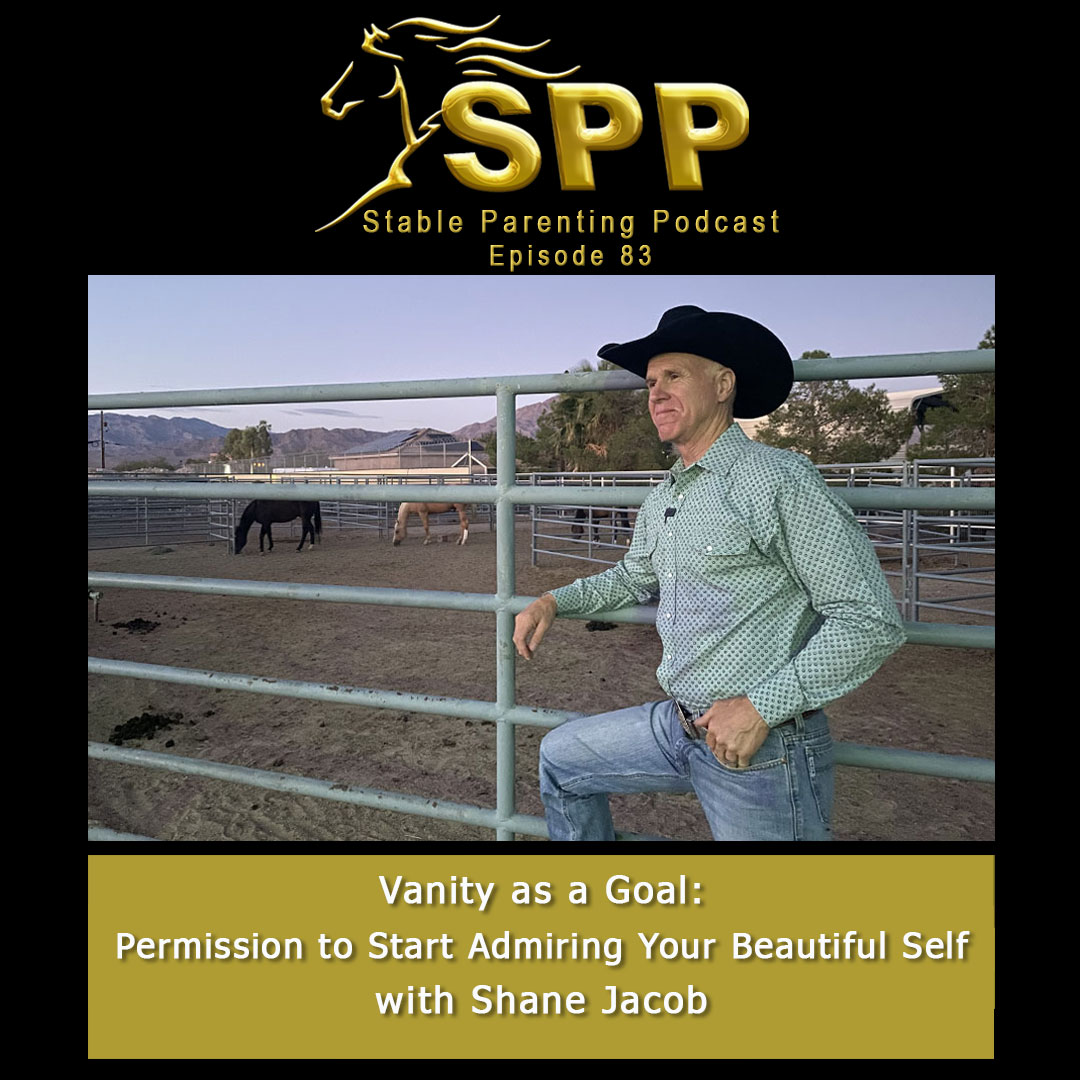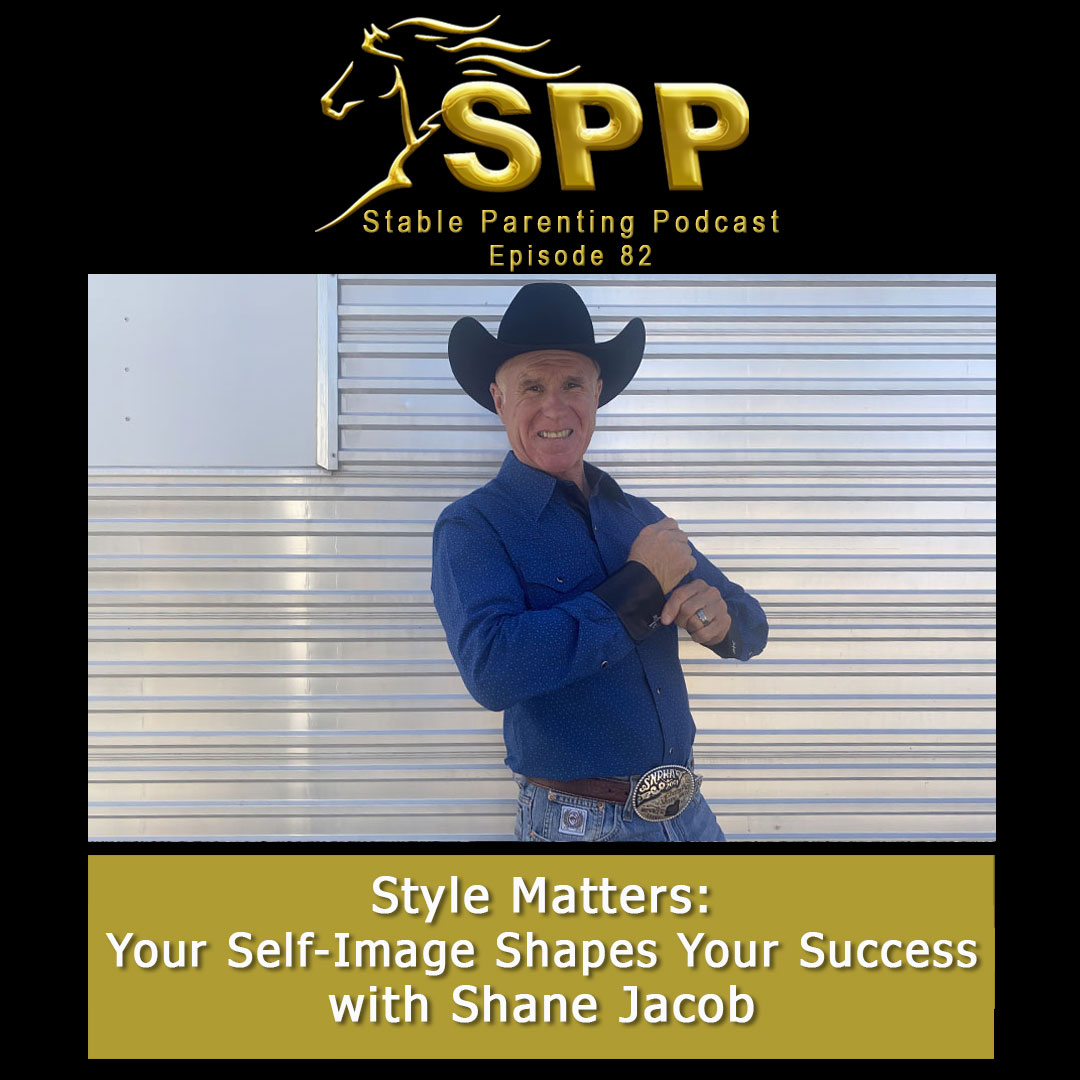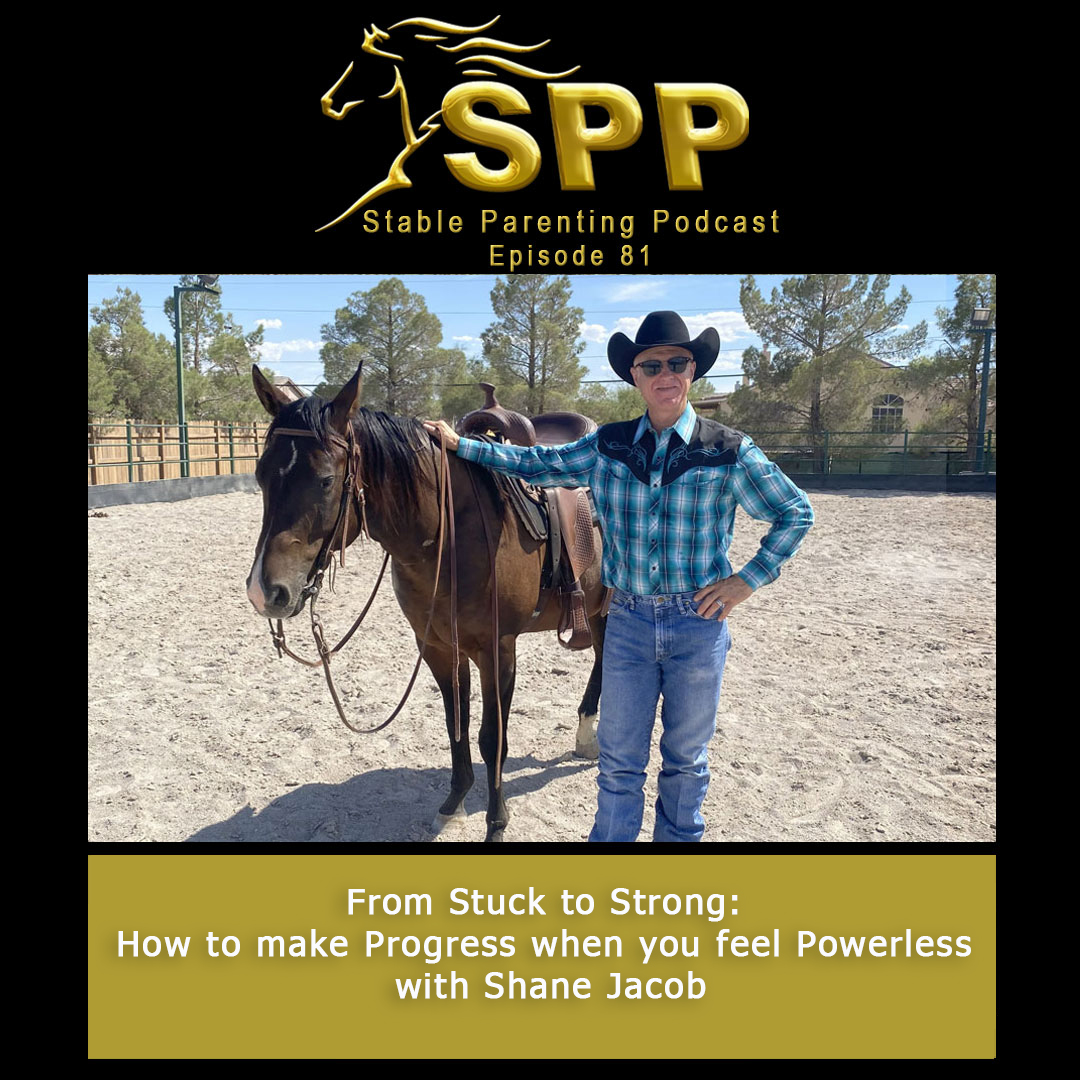When Kids Act Out and Parents Feel Shame
Welcome to You Are Destined For Greatness
Welcome to this week's You Are Destined For Greatness, coming to you from the barn here this afternoon.
Why Parents Struggle When Kids Act Out
So, you know, something I hear a lot—and this may have happened to you, it's happened to me—but I hear it, and that is a lot from parents. And that is, when our kids act out, we just kind of lose it. And we think, “Well, how could they have done that?” You know?
And then we look around, and we're embarrassed. You know, maybe you got to go talk to the school or talk to the teachers. Maybe you got to go bail ‘em out of jail. I mean, who knows what it can be. And your friends hear about it, and your family hears about it, and you look at what they've done—whatever the thing is, okay?
What It Means About Us as Parents
So to some degree, all of our kids are going to act out, to some degree, right? So it doesn't really matter what the thing is—how extreme or not. What we have a tendency as parents to do, or our default, is to look at the things that we don't agree with, that we're not happy with what they've done, and have that mean something about ourselves as parents. Like, to believe that we suck as parents.
"I can't believe they did that. What have I done? What didn't I do?" And then you start thinking of all the times when you chose yourself over them, or any of that, and you just internalize this meaning about what they've done and what that means about you.
And it's kind of a natural thing. I mean, we care so much, and we want to do such a good job that, understandably, we have these thoughts.
Understanding Shame as a Parent
The thing about it is, is what that's called—when we think things about ourselves because of what our kids have done, and we think negative things, that we are a certain way, that we're not good parents, that we suck, that we're worthless—we're diminishing ourselves. We're devaluing ourselves. It's called shame, okay?
And a lot of times, we can think, "Well, it sounds kind of noble. I'm taking all the responsibility for what they've done here. I'm the parent and I suck as a parent," and somehow we feel it's like martyrdom—like it's positive in some way to take this responsibility, and it doesn't bother us.
Why Shame Doesn't Help Us or Our Kids
And here's the deal: shame in any form, it's a bad deal, okay?
Because when we devalue ourselves, it's coming out to them in tons of ways. We're going to project it against them. They're going to hear, by what we say or what we do—our frustration—they're going to feel that deficiency, and they're going to take it to mean that's what they equal, that they're deficient.
So their self-confidence goes crashing down at a time when they really need understanding and connection to be able to regroup and change themselves in a positive way—and we're over here not helping, unintentionally as it may be.
The Path Out of Shame
So here's the deal: in this week's podcast, make sure you check the one out on Acting Out, because in it, I'm going to give you four solid basic steps to combat the shame that we almost naturally have when our kids act out.
Because here's the deal, okay? Like I said, none of it's good, and it's going to lead to a bad cycle for ourselves and them.
What Really Shapes Our Kids
I love what Brené Brown said. She said that, “Who we are, okay, as parents, and how we interact with the world has more to do with how our kids will be, and how they were taught will turn out, than what we know—than all that we know about parenting.” Okay? It's coming from right here and right here.
You Are Enough
And here's the deal: you're worth it. You don't suck as a parent. The fact that you're here listening to this is enough—and you're enough without this. You're just enough as you are. So the more that you know that and internalize that, the better result you're gonna have for yourself and your kids.
Remember that You Are Destined For Greatness.


